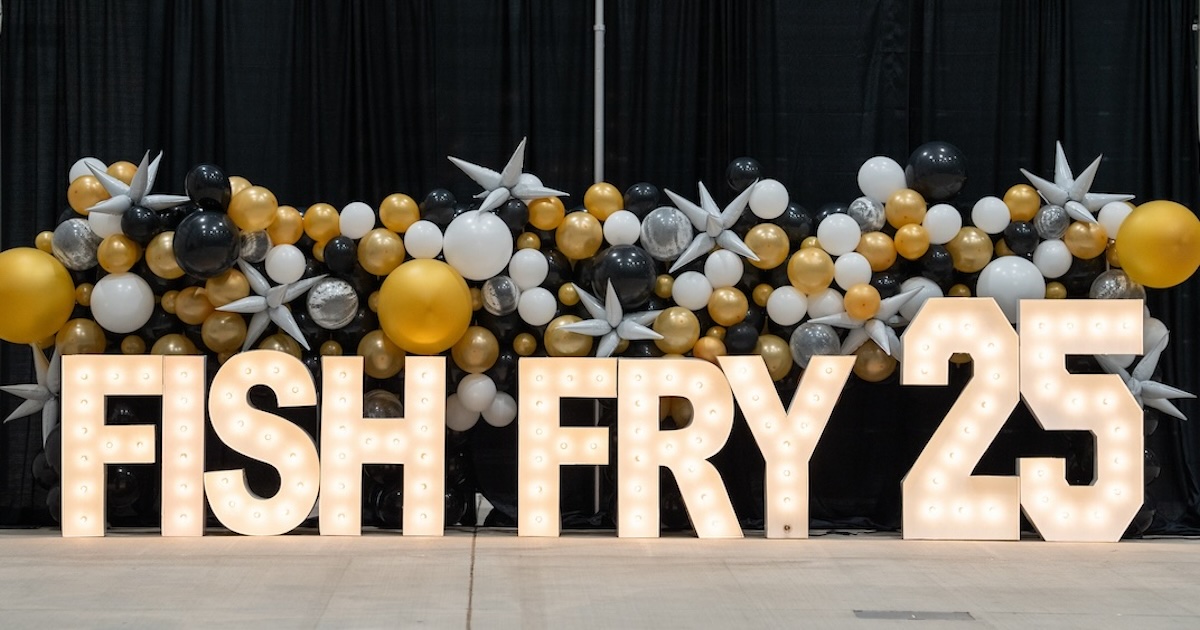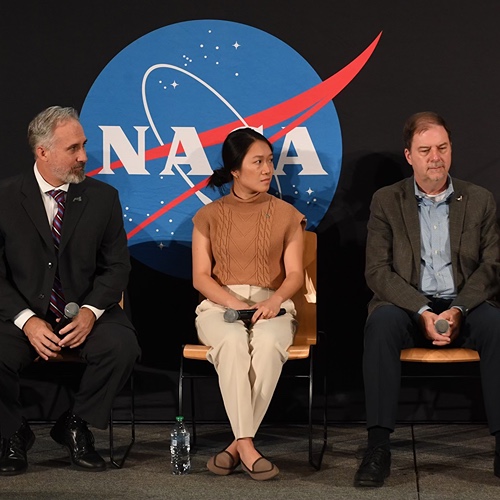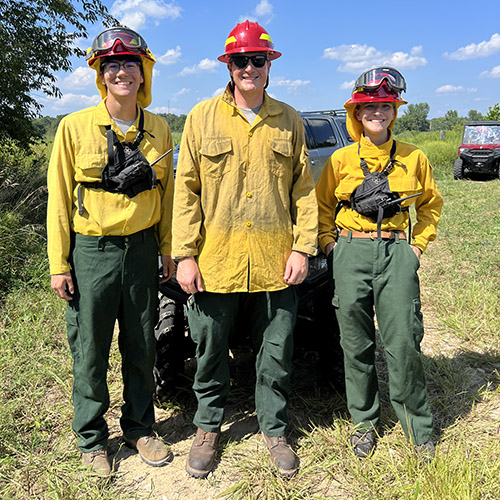Stories
Share your story
Herb Krauch, BS 1949, MS 1965
Herb Krauch served in Hawaii, Guadalcanal, Peleliu, Okinawa and China before coming home in 1946. He served on the faculty of Purdue's forestry department from 1958 until he retired in 1987. On September 25, 2012, Herb was granted an Honor Flight to transport him to Washington D.C. and visit memorials dedicated to their service.
Randall Herberg, BSF in Forest Management, class of 1956
Camp lasted ten weeks; six of which covered surveying. Don Bline was our professor. Words of encouragement before we began a section line – “If you fall, be sure you land on that bottom. Transits are expensive and cost $600!” We did as we were told; we disturbed a Yellow Jacket nest one day. No one was stung, but footwork was fast and furious for a few seconds.
Richard L. Bury (Dick), BS 1950, MS in Conservation, Yale, 1955, Ph.D. in Natural Resource Economics, U of Conn, 1961
I was in the 1948 Henryville Camp crew. I do recall that we were collecting insects in preparation for the coming autumn course in Forest Entomology. Surveying was a major part of the camp curriculum. Of course this was before GPS’s. To locate where you were you “shot Polaris.” When time came for the exercise of "shooting Polaris" as part of the surveying instruction, the Civil Engineering prof in charge found that the sky was too cloudy to see Polaris. So he bundled all of us up into the bus, and we went down to Henryville to occupy ourselves until the sky cleared sufficiently. Recall, 65 of the class were vets of WWII; only 15 of us were straight out of High School. So all had a fine time; I don't remember whether I was served beer or not, as I would have probably been only 20 years of age by then. Every half-hour, prof would go outside to check the skies. This occasion brewed the doggerel I've remembered ever since--
"So here's to the man with the big cigar,
Who shoots Polaris from Elrod's Bar!"
Another early morning, we'd barely gone to the field when Bob DeMoss stumbled over a stob in the trail, hit the ground, and pulled his shoulder out of joint. He was taken to a doctor in Henryville, who insisted on “DeMo” waiting in agony while the doctor had his breakfast. Then, as I recall, the doc didn't seem to know just how to proceed, and “DeMo” told him, "Just pull out on it! I know what it needs, this has happened before!"
"So here's to the man with the big cigar,
Who shoots Polaris from Elrod's Bar!"
Another early morning, we'd barely gone to the field when Bob DeMoss stumbled over a stob in the trail, hit the ground, and pulled his shoulder out of joint. He was taken to a doctor in Henryville, who insisted on “DeMo” waiting in agony while the doctor had his breakfast. Then, as I recall, the doc didn't seem to know just how to proceed, and “DeMo” told him, "Just pull out on it! I know what it needs, this has happened before!"
Scott Jamieson, BS 1984
Jamieson’s company employs 500 people in 28 urban locations in the United States. The Care of Trees deals solely with tree preservation for its 60,000 commercial, residential, institutional and governmental clients, who range from mom-and-pop businesses to museums (The Art Institute of Chicago and the Smithsonian National Air and Space Museum), golf courses (Westchester Country Club), universities (Yale, Fordham and the University of Chicago), cities (Park Ridge, Ill.) and counties (Arlington, Va.).
Mary Schott, BS 1984, MS 2012
Getting the organization off the ground was the foundation of her master’s thesis in horticulture, which she completed last year. Since starting Trees for Tanzania, Schott figures it has grown and distributed about 100,000 trees to people in and around Kigoma. Her dream has been to reforest the barren hillsides of the city.
John Kershaw, BS 1984, MS 1986
After completing my undergraduate in 1984, I stayed at Purdue and completed my MScF in 1986 studying with Dr. Burney Fischer. I then lived in Bloomington for 6 months working on a Purdue/USFS clearcut regeneration project. My wife, Yvonne, and I moved to Seattle in January 1987 where I worked on my PhD at University of Washington studying with Drs. Doug Maguire and Chad Oliver. Back country skiing, exploring the Cascade Mountains, and fossil collecting filled my spare time. In 1991 I was offered a faculty position at University of New Brunswick in New Brunswick, Canada. I have now held that position for 22 years and am currently the Associate Dean of Graduate Studies for the University. Forestry has opened the world for me and given me opportunities I could never have imagined while daydreaming through my undergraduate classes. I have traveled extensively in North and South America and Europe, met world leaders and made many life-long friends. My current research focuses on applications of digital technology to forest mensuration and forest inventory. Canoeing, reading, and homebrewing are my main hobbies.
Ben Hasse, BS 2001
“It was there all through my time at Purdue,” Hasse says. “But I was going at such a frenetic pace there, 18 or 20 hours a day, that I just didn’t have the time to slow down and really listen. It wasn’t until I went to El Salvador with the Peace Corps, and I was there six or eight months, that I was able to step back and realize that God was calling me.” Two years in El Salvador opened Hasse’s eyes to many cultural differences, but not in the obvious ways.
Al Meyer, BS 2011
The collegiate Midwest qualifier was held April 7, 2011 on Purdue's campus. Representing Purdue was Al Meyer, then a senior forestry student from Greensburg, Ind., and president of the Purdue Forestry Club. He won the underhand chop event and finished tied for second overall.
Charles E. Owubah, MS 1992, PhD 1999
Charles E. Owubah, as regional vice president of World Vision East Africa, oversees leadership and management of nine national offices in East Africa with an annual budget of $546 million and more than 6,000 staff.
Frederick F. Knowlton, Ph.D.
Dr. Frederick Knowlton worked under Dr. Durward L. Allen here at Purdue Univeristy. After completing his Ph.D. Fred started his first field station at San Antonio in 1964. He officially retired in 2007 with over 45 years of service to the USDA/Wildlife Services. For more information view University of Nebraska-Lincoln, A tribute to Frederick F. Knowlton






